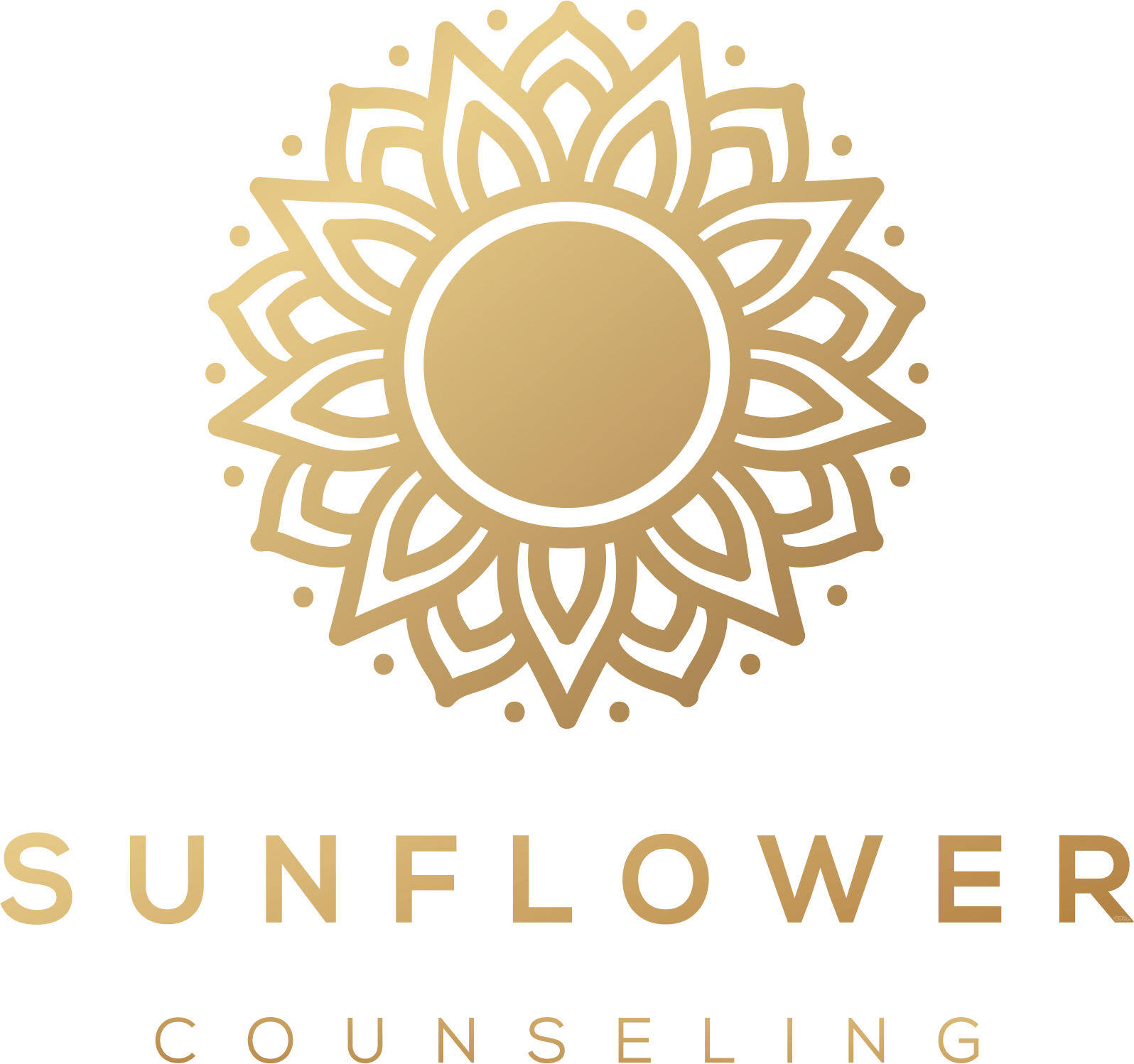“She was powerful not because she wasn’t scared but because she went on so strongly, despite the fear”
– Atticus
There are many issues women may face throughout their lifespan, and while each woman is different and may struggle with different issues, these are some of the most common that I can assist you with:
- Eating Disorders – When people think of eating disorders they typically think of anorexia and bulimia, however, there are many other types of eating disorders including binge eating disorder and orthorexia. Eating disorders are not actually so much about the food, and the disorder and associated behaviors are typically a symptom of a deeper issue. Although the underlying issue may be different for each person, the common thread is typically rooted in a person’s beliefs about themselves from early childhood. When a woman suffers from an eating disorder, it’s common for her to have low self-worth, experience feelings of depression, social isolation, anxiety around eating and weight gain, and have obsessive thoughts about food. Eating disorders can affect all genders but are most commonly found in women.
- Postpartum Depression – A form of clinical depression, postpartum depression occurs after childbirth. Postpartum depression can begin immediately following birth or can take some time to present develop. In some women, it can subside in a few weeks while others may struggle for years, especially if they do not receive help. The severity of postpartum depression spans a wide spectrum, from mild sadness to postpartum psychosis. The most prevalent symptoms of postpartum depression include loss of appetite, low energy and motivation levels, irritability, anxiety, lack of bonding with the baby, and sleeplessness.
- Domestic Violence – There are many types of domestic violence, some of which can take place in childhood and others where a woman may face in her current situation. Domestic violence may be emotional, physical, verbal, or psychological. Some of the most common ways that domestic violence presents itself are through name-calling, stalking, violence, humiliation, and manipulation by the abuser. When a woman is in an abusive relationship, she may feel worthless, depressed, isolated or anxious. Women who are in violent or abusive relationships often come to believe that they deserve to be abused or that it’s their fault.
- Sexual Abuse– sexual abuse can take many forms, from sexual harassment to rape, but the underlying thread is that the abuser exerts power over their victim through unwanted sexual acts. And although a person of any gender can experience sexual abuse, women are, by far, most commonly victimized. Women who have suffered from sexual abuse often blame themselves, by rationalizing the abuse as their fault for dressing a certain way, behaving a certain way, drinking too much, etc. While the sexual abuse itself is hugely traumatic, women who have been sexually abused also often experience depression, anxiety, post-traumatic stress disorder (PTSD), struggle to form relationships, feel unsafe in future sexual situations, and for some, they may even experience suicidal thoughts.
- Discrimination – Throughout history, women have experienced many forms of oppression, and many of these sexist or discriminatory practices continue today. Women still struggle with equal treatment and pay in the workplace, sexual harassment, derogatory comments from men, feeling unsafe in certain situations, and general feelings of oppression. When a woman is discriminated against or treated unfairly, it can take its toll, mentally, over time. Women may come to believe that they deserve this type of treatment and may have feelings of hopelessness, anxiety, and depression after experiencing persistent gender discrimination.
- Hormonal Changes – While every woman experiences hormonal changes throughout her life, some women can struggle with these changes and experience both mental and physical difficulties as a result. The most significant hormonal changes that women experience are puberty, pregnancy and the postpartum period, and menopause. Many women struggle with the physical and emotional changes that take place in their bodies during each of these hormonal phases and may experience mood changes that are more drastic than what is considered to be normal. The emotional challenges that occur with hormonal changes leave many women susceptible to anxiety and depression.
- Infertility – infertility can be a devastating experience for women who are trying to get pregnant. Most women assume they will be able to get pregnant when they are ready, yet this is not the reality for many women, resulting in feelings of despair, hopelessness, and blame. It’s common for women who are struggling with infertility to experience depression, emotional trauma, feelings of worthlessness, guilt, and jealousy or resentment.
- Low Self Esteem/Self Worth – Many women experience low self-esteem at some point in their lives, but for others, this is a more serious concern. Self-esteem issues often have deep roots that may be traced back to childhood, an abusive relationship, or bullying. When a woman experiences self-esteem issues she may experience obsessive negative thoughts, feelings of being unloved, helplessness, feeling unwanted, insecurity, and may be attracted to destructive relationships that validate these feelings. These feelings associated with low self-esteem can add to an ongoing cycle of shame and self-loathing that is difficult to break without seeking help.
These women’s issues can have serious emotional, physical, and mental health effects that run deeper than what’s considered to be normal. They vary in severity from mild to extreme, and in many cases, women are not able to cope with these issues on their own. I can assist women in coming to terms with their unique issues and help them to improve their health and mental well-being.



